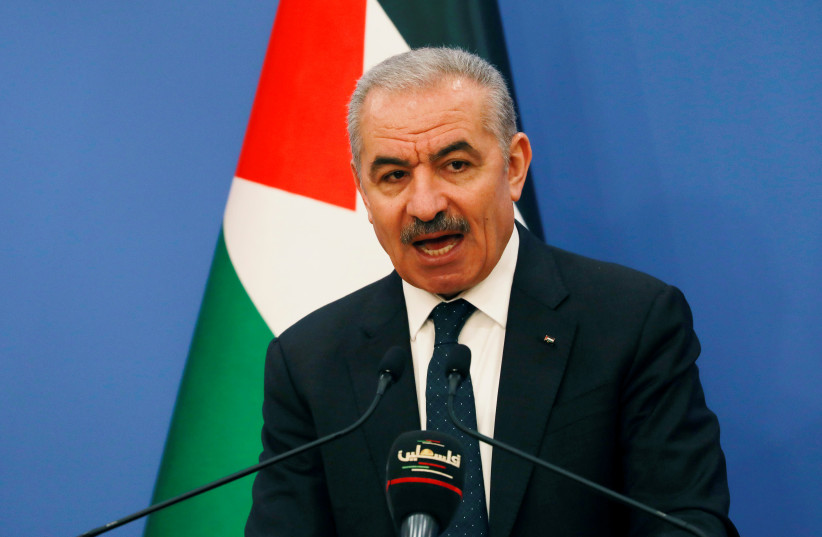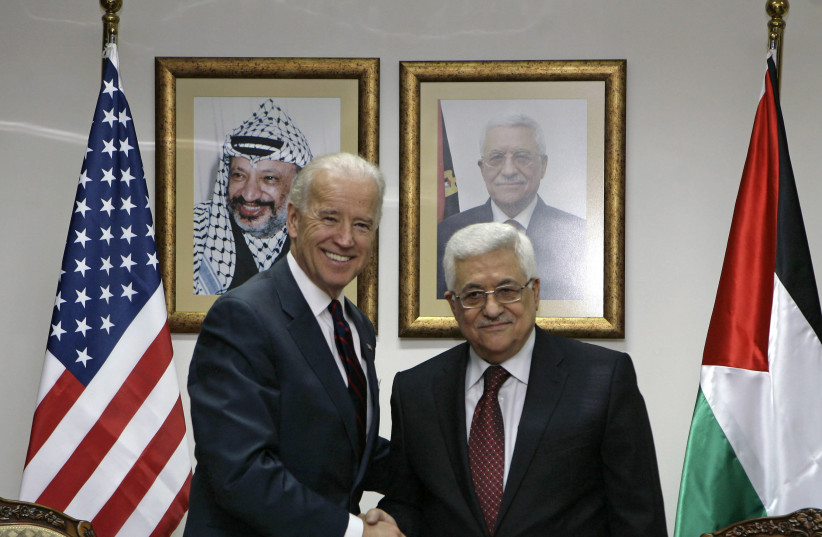The Palestinian Authority turned to the United Nations Security Council on them renewing the push for full membership in the United Nations.

The Palestinian Authority has renewed its push for full membership in the United Nations and has turned to the Security Council on the matter.
“We are negotiating in good faith with all [UNSC] members,” PA Ambassador to the UN Riyad Mansour told reporters in New York on Thursday.
“There is cautious optimism in the atmosphere,” he added.
UNSC approval is necessary for full UN membership. The United States has in the past opposed such a drive, making such a move impossible. The US is one of five permanent UNSC members, all of whom have veto power.
PA officials have spoken with their American counterparts about the matter, Mansour said, adding that this includes US President Joe Biden and US Ambassador to the UN Linda Thomas-Greenfield.

The US believes that UN membership, which is the equivalence of full International recognition of Palestinian statehood, should only occur after the resolution of an agreement for a two-state solution.
Mansour said that given that the peace process has been frozen for eight years and that there is no initiative on the table, the issue of full UN membership should move forward.
The UNSC members are looking for “concrete ideas that would break the paralysis,” Mansour said, explaining that this initiative could do that.
“This is a policy of the Palestinian leadership and their people from the top down,” he said.
Full recognition of Palestine as a member state is a way to salvage the two-state solution, Mansour said, adding that such a measure would be an investment in peace.
“If we succeed in admitting the state of Palestine to [UN] statehood, then maybe you can help Israeli leaders to paint in their head you will never succeed in destroying the two-state solution,” Mansour said.
This issue will be decided in the capitals of the UNSC member states, Mansour said. To that end PA President Mahmoud Abbas has spoken with heads of state about the need for full UN membership.
Those who say that there are “no shortcuts to the two-state solution” have to put forward a plan to achieve a two-state solution, Mansour said.
Where is the resolution summoning the two sides to begin negotiations next month in New York,” he asked. UN member states, particularly the UNSC, have to do something, Mansour added.
The United Nations General Assembly’s sympathy
The UN General Assembly has sympathetic to the PA’s membership drive but lacks the power to act. In 2012 it upgraded the Palestinian status to that of a “non-member state,” a move which grated the Palestinian’s de-facto statehood hood status.
This move allowed the PA to participate in the UN as a state and sign treaties, but without the full rights granted to member states.
As reported by The Jerusalem Post
